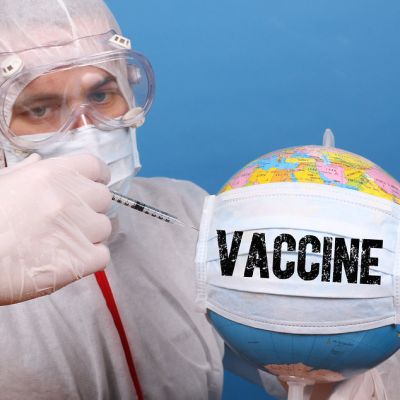A few weeks ago, we wrote about vaccines and work.
About one week after that, on April 1, 2021, the government of B.C. announced amendments to B.C.’s Employment Standards Act to include a job-protected leave to allow employees time away from work to become vaccinated for covid-19.
The change was made through the Employment Standards Regulation by order in council OIC 216/2021 dated April 1, 2021. This was possible by amendments made in 2020 to the Employment Standards Act.
The current amendment expands the list of those eligible to take covid-19 related leaves from employment.
Employees may now take unpaid time off from employment to receive vaccines or to take a dependent family member to receive the vaccine. An employee need not be full time to be eligible. The definition of dependent has some ins and outs and includes being under the “day to day care and control of the employee.”
No fixed period of time is specified for this leave.
While the leave is unpaid, the B.C. government is exploring options for employees to receive pay during this time. It is doing so through discussions with “B.C.’s business community, labour organizations and workers.”
The BC government expressly acknowledges that workers “have been hit hardest by the impacts of the COVID-19 pandemic.”
As a job protected leave, it means that employers must allow employees who wish to become vaccinated to take the time off of work.
It also means that the employer cannot withhold wage or benefit increases or vacation, benefit or other entitlements, or dismiss an employee, for taking such leave.
The amendments expand those who can take the job-protected leave to now include employees who, in the opinion of a medical professional, are more susceptible to COVID-19 because the employee
- has an underlying condition,
- is undergoing treatment, or
- has contracted another illness
and the employee receives, or will receive, the Canada recovery sickness benefit under the Canada Recovery Benefits Act for leave.
The amendments also include in the job-protected leave those who must care for other family members because of covid-19. The definitions of which family members qualify are somewhat involved but are no longer restricted to children or dependent adults.
This is a modified version of an article appearing in April, 2021 in online publications including the Kelowna Capital News. This article is for educational purposes only, and to provide very general thoughts and general information, not to provide legal advice. By viewing it, you agree that there is no lawyer-client relationship between you and the website publisher. Nothing here can be used as a substitute for competent legal advice from a practicing lawyer in your province with experience in dealing with the specific circumstances of your situation. We may be reached through our website at inspirelaw.ca.
